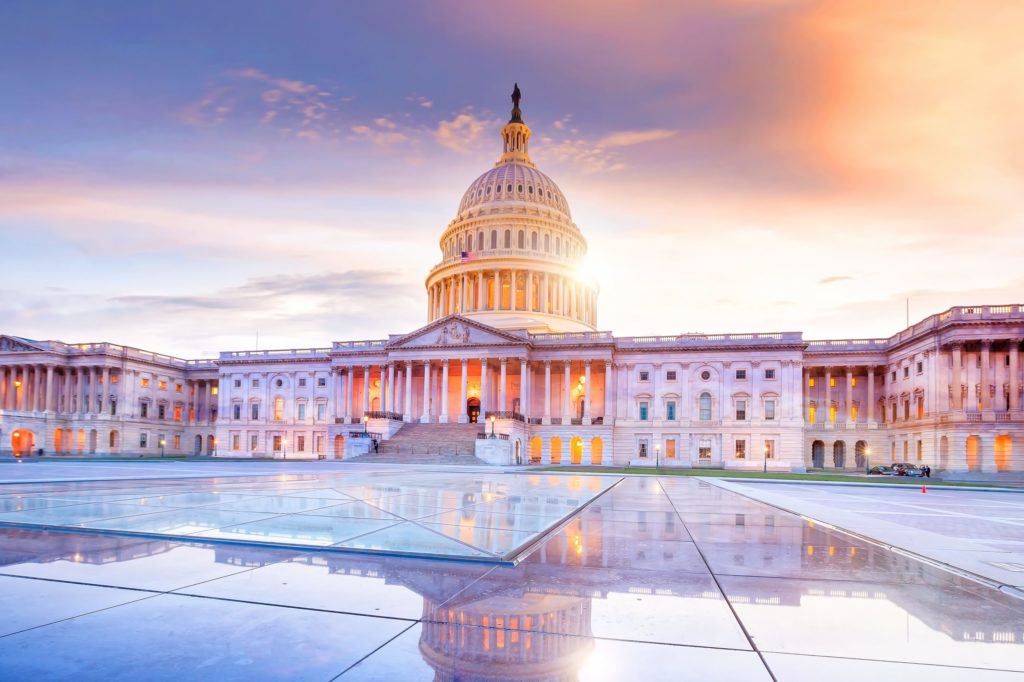Ridescore 2015: Hired driver rules in U.S. cities
R Street researchers last year embarked on an ambitious project to assess 50 of America’s largest cities on the quality of their regulatory environments for vehicle-for-hire services. The emergence in recent years of ridesharing services like Uber and Lyft has disrupted existing taxicab and limousine business models. In the early days of this new service option, many states and municipalities reacted with kneejerk attempts to shut down the services, rather than examining whether it was time to lift the heavy regulations that long had been placed on incumbent taxis and limos and that serve to hike costs and degrade service.
Much like other businesses that face disruption, the taxi industry made itself a target, due in no small part to persistent customer concerns about availability and responsiveness. A 2013 survey in San Francisco found more than 26 percent of users rated taxi availability at their homes to be “terrible,” with 27 percent reporting cabs that never showed up or that took more than 30 minutes to arrive on weekends.
With transportation options changing rapidly across the country, we performed an in-depth review of regulatory climates facing for-hire vehicle services in 50 major American cities. The result, Ridescore 2014, and the associated website, ridescore.org, provided a comprehensive analysis of each city’s legal climate for both traditional taxi and limo services, as well as for emerging transportation network companies (TNCs) like Uber, Lyft and Sidecar.
Our findings told the story of a policy area in flux. Some forward-looking cities, like Washington, D.C., were beginning the difficult work of crafting new legal structures for TNCs, while modestly scaling back onerous restrictions on taxis and limos. Meanwhile, recalcitrant cities like Las Vegas clung to heavy command-and-control regulation of taxis and limos, while freezing out TNCs entirely.
We sought to perform a similar, but improved, analysis of for-hire transportation regulation in America’s major cities for 2015. We again reviewed each of the 50 cities in three categories: TNC regulation, taxi regulation and limo regulation. Each component included a base score with point deductions or additions based on a combination of objective and subjective measurements of a city’s restrictions. The three components were then blended to create a combined “transportation friendliness” score and an associated letter grade, yielding an easily understood assessment of the relative freedom of each city’s regulatory climate.
It should be noted that our analysis includes all relevant city, county or state legislation that affect for-hire transportation. Evaluating only municipal regulation would overlook the obvious impact of statewide legislation, especially in states that have chosen to pre-empt local efforts. But evaluating only state or county law would overlook the obvious impact of additional (or, in some cases, conflicting) municipal regulations. As such, a high transportation-friendliness score does not necessarily testify to the genius of a particular city’s elected council and mayor, just as a low score is not necessarily a condemnation of their work. The score is instead our best estimate of the overall regulatory climate in that city.
While Ridescore 2014 told the story of a policy area in flux, Ridescore 2015 tells a story of consistent, albeit modest, improvement. Of the 50 cities in our analysis, 29 improved their scores this year, while only one earned a significant double-digit drop. Competition and innovation appear to have driven legislators to begin modernizing legal climates to keep up with market developments.
It also should be noted that there are emerging areas of law and regulation that could affect the transportation-for-hire market, either directly or indirectly, which are not addressed in this report. Cities and other municipal authorities have differed in the degree to which they allow TNCs to operate at airports, a controversy that this edition of the report does not attempt to quantify. Recent litigation and some recent legislation both seek to clarify whether TNC drivers should be regarded as employees or as independent contractors, which also is not reflected in the current scores. Moreover, emerging debates about consumer data-privacy issues and government information-sharing mandates potentially could shape how new and existing transportation services evolve. These are topics that may be examined more fully in future editions of Ridescore.









